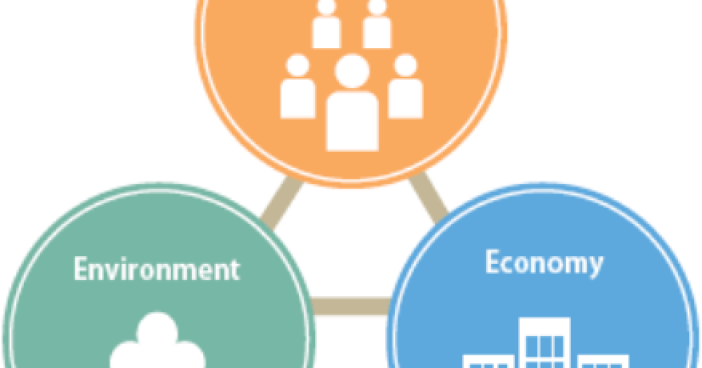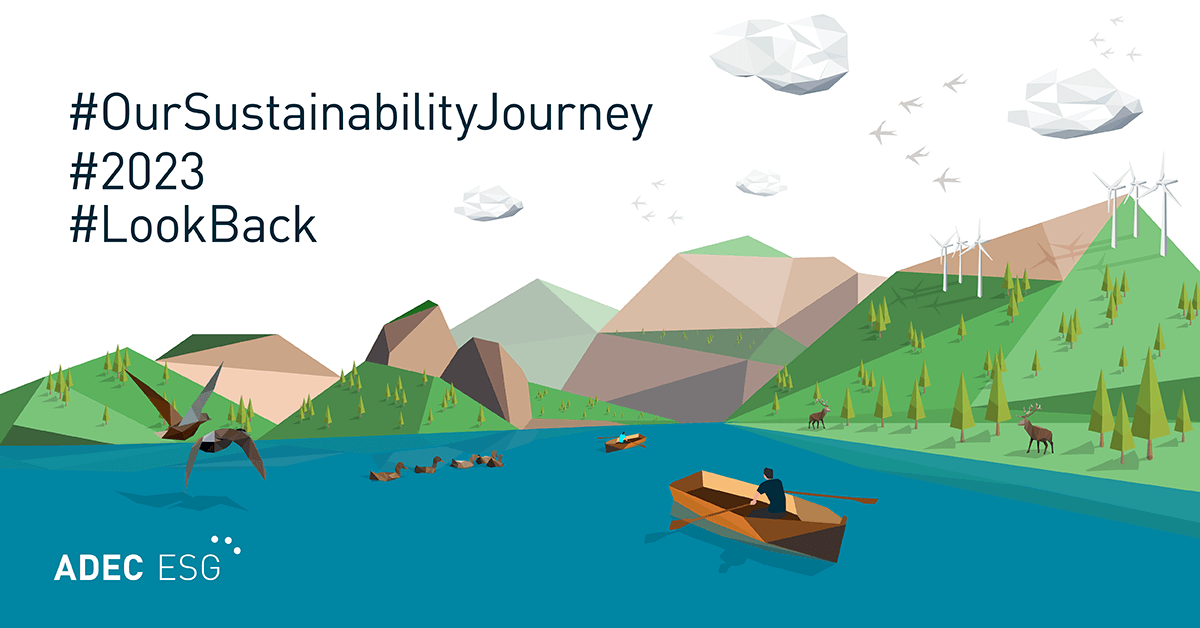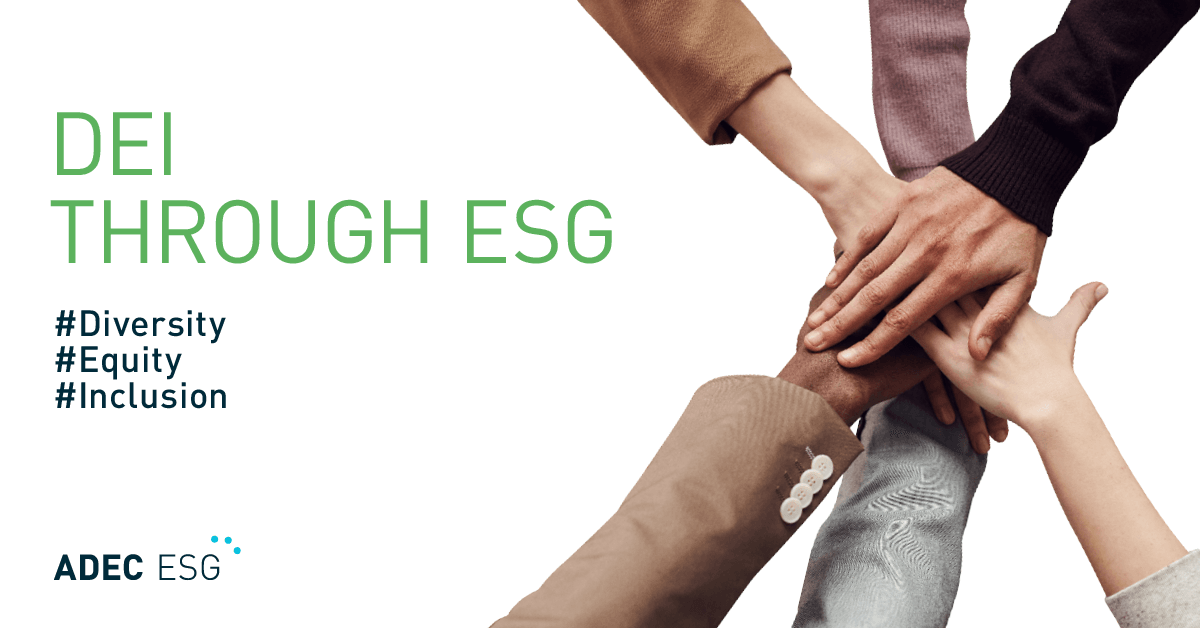According to the 2013 Cone Communications/Echo Global CSR Study, there is a clear indication that consumers place a great deal of their decisions based on a company’s Corporate Social Responsibility (CSR initiatives). Around 31% of consumers who participated in the study said they believe that businesses should change the way they operate and align with greater social and environmental needs.
What is more evident is that an increasing number of consumers worldwide are likely to switch to brands that are “associated with a good cause, given comparable price and quality.” This makes CSR a powerful differentiator that changes the mindset and behavior of consumers and in total, their perception towards the company or the brand itself. Hence, a sustainability initiative is likely to increase brand value that will in turn, generate more demand for products, reduce corporate risks and increase business earnings.
However a great CSR is only as good as it appears on paper, unless the global consumers learn and get involved in it. With nearly 9 out of 10 individuals realizing that it is their responsibility to purchase products that are socially and environmentally possible, how can companies with sustainability initiatives take advantage of this?
360 Degree Communication is Important
- Communicate Through Traditional Means: Currently, traditional channels have remained as the most effective means of communicating CSRs to consumers. These include messages in product packaging; releasing interviews and stories in local papers; and advertising on TV, radio and print media.
- Have an Online Presence: The rise of new channels for communication during this era of sustainability gives firms a chance to connect more with their stakeholders and create brand value while promoting their corporate social responsibility (CSR) practices. The online revolution has created new forms of media such as corporate websites and social networking sites (SNS). Through these media (especially the SNS), response to call-to-actions (CTAs) have become both instant and spontaneous.
- Be on the Go. Be Mobile: Mobile communications is a fast-emerging way of reaching consumers. Smart phones have become a powerful communication tool for marketers and communicators, as consumers now use their phones to quickly find any information they need regarding a company or product.
- Stay Visible On-Ground: Let customers know more about the company’s sustainability initiatives through the company’s own offices and/or stores. Tying up with relevant community projects can also help bring the message to the market.
Creating an Impactful Message
With CSR becoming a brand attribute, consumers are slowly and increasingly being bombarded by products and services with social and environmental claims— such as those related to cost-effective energy consumption and reduced environmental impact.
How can a CSR stand out from the clutter?
Companies should make sure that their CSR is:
- Seen and Heard: What is your CSR about? What are your company’s visible efforts? What is your end-goal? How does it affect your company and your customers? Where can the costumer find out more about it? All these questions should be communicated to the target audience to begin with.
- Made Personal: Make your Corporate Social Responsibility your Customer’s Social Responsibility. Your customer’s affinity to your cause generates trust and adds credibility to your brand.
- Monitored and Evaluated: When organizations assess how well a company is doing on its sustainability efforts, they need something to compare it to; they need a benchmark. Today, raters and rankers of companies’ sustainability progress use three benchmarks to assess company performance on environmental, social, and governance (ESG) factors. These benchmarks are also used by companies themselves in their sustainability reports (The Fourth ESG Benchmark Sustainability Advantage, August 2013).
- Be Resounding: A resounding CSR is one that reports progress and returns back to its customers. The company should be consistent and transparent with results and their next steps. This also ensures customers of the business organization’s continuing commitment to the cause.
ADEC ESG can help firms maintain immediate, transparent access to the data elements that sustainability benchmark’s recognized methodologies require for CSR data capture and reporting. For more information, or to speak to one of our experts, contact us today.




